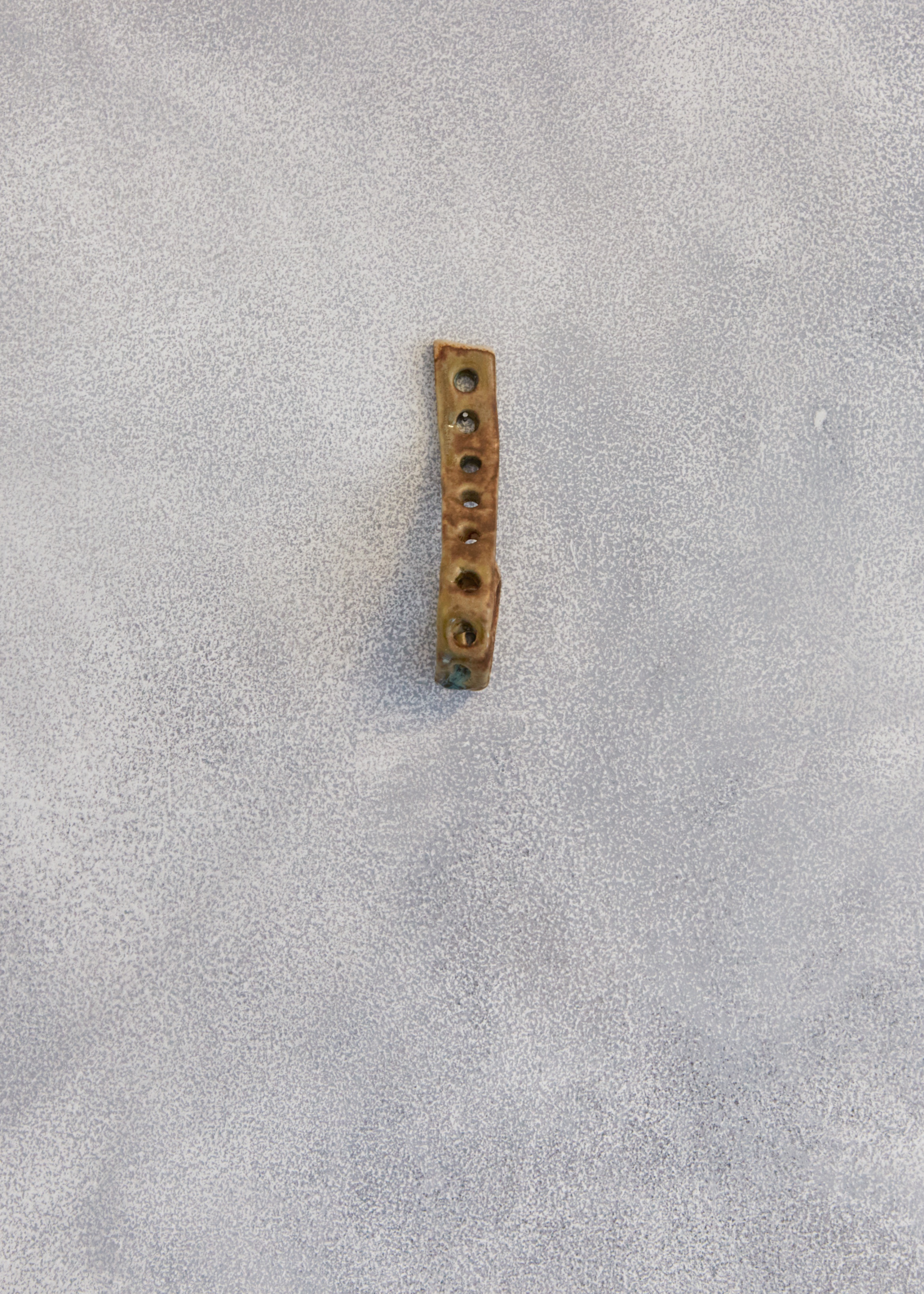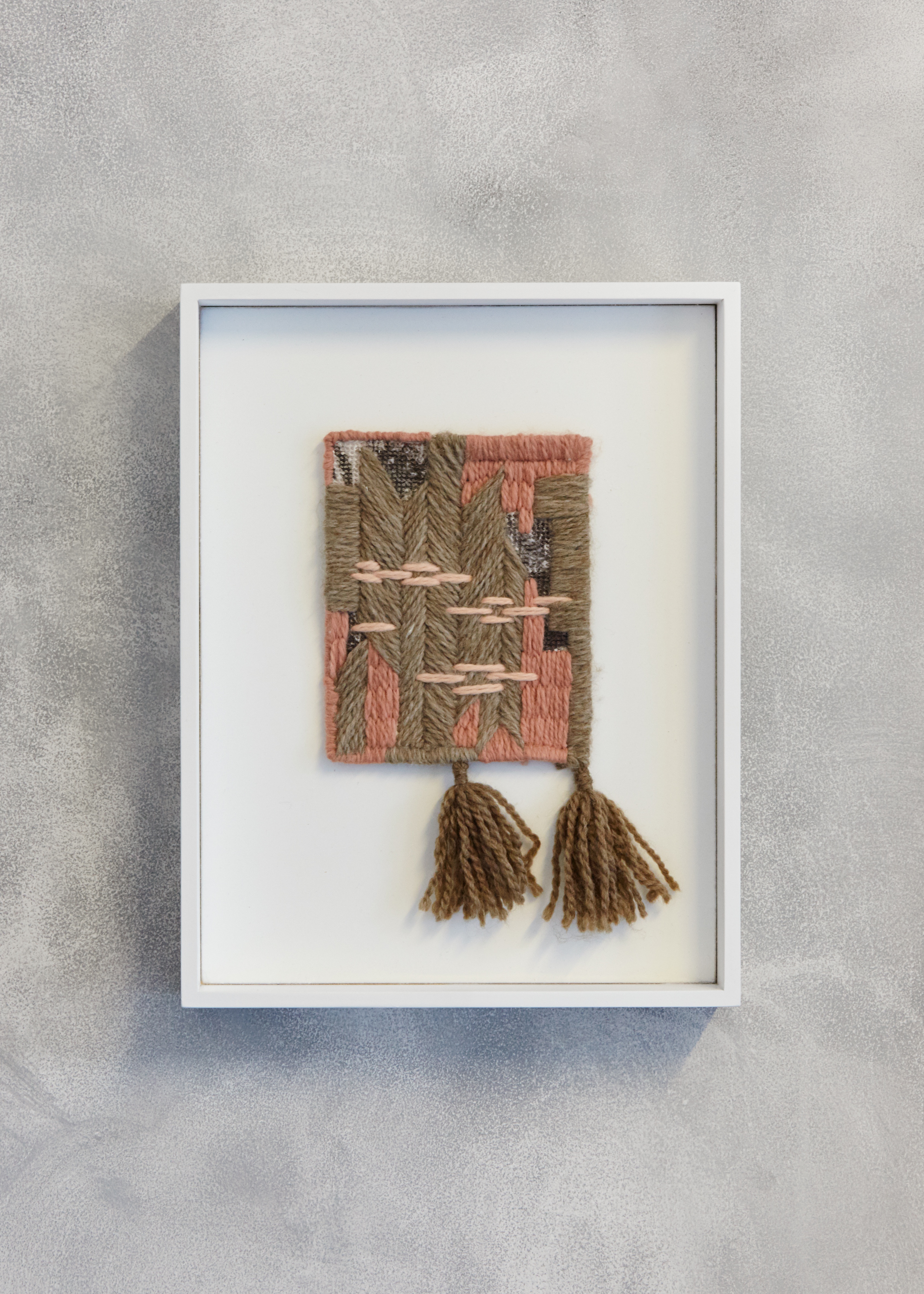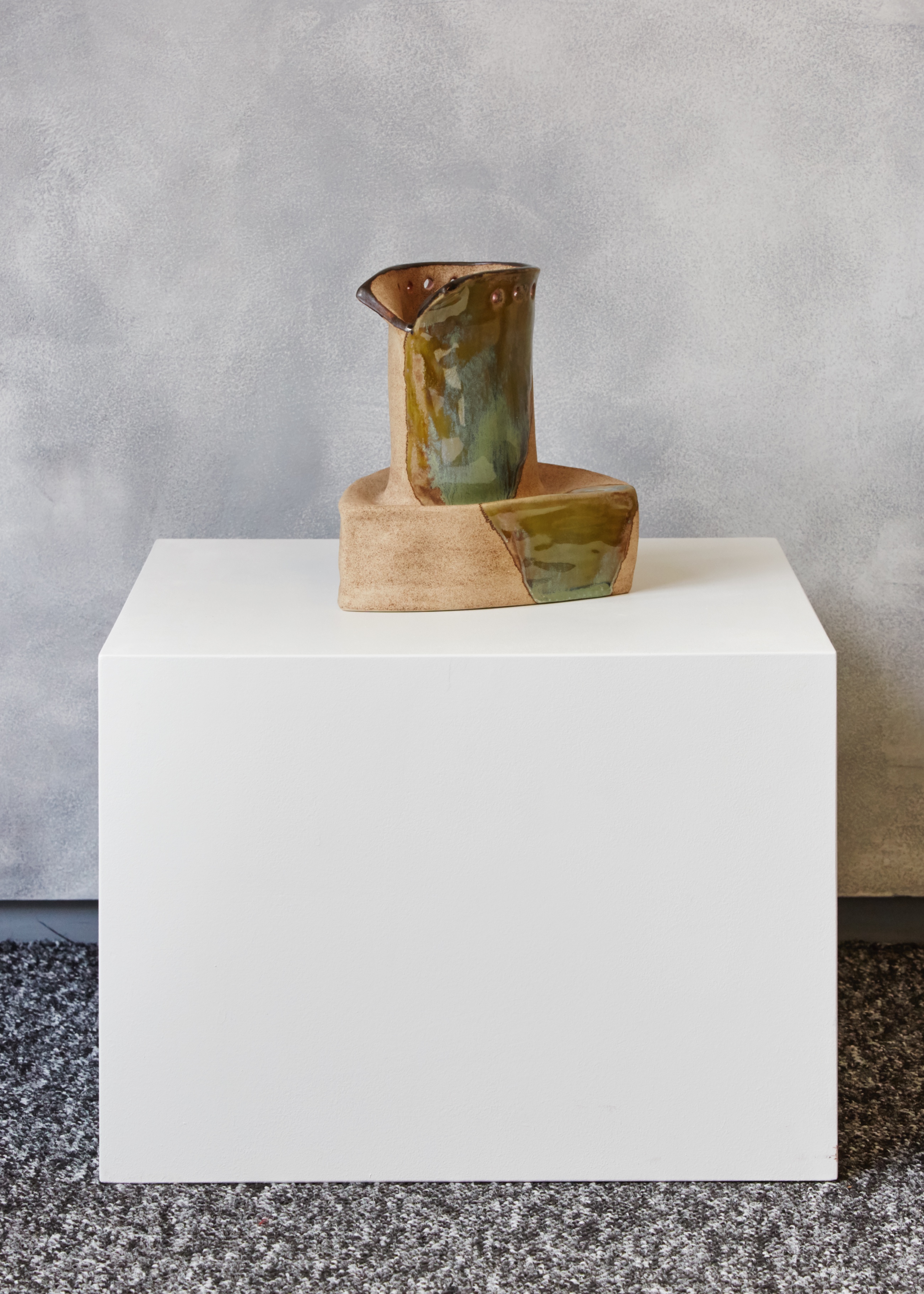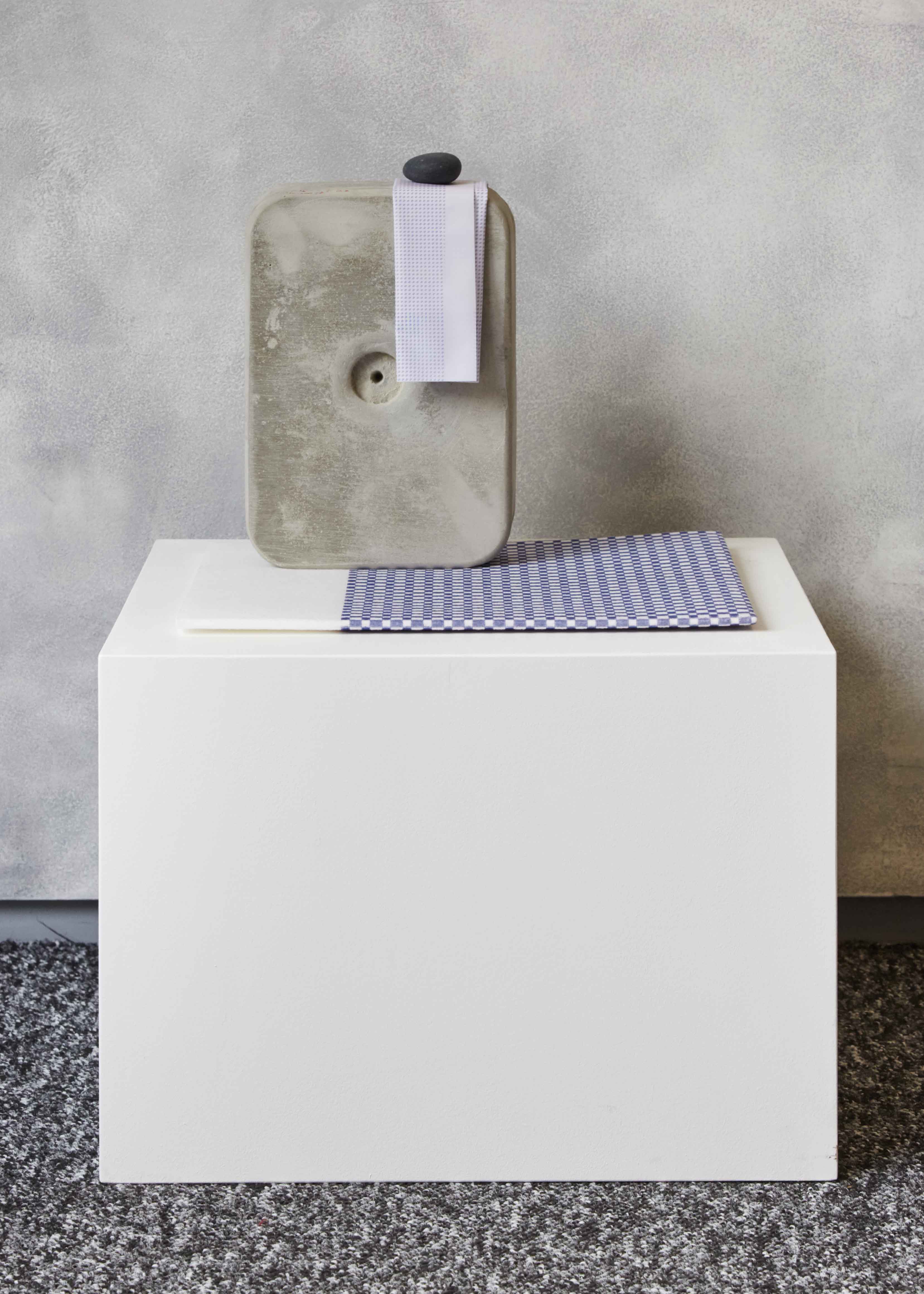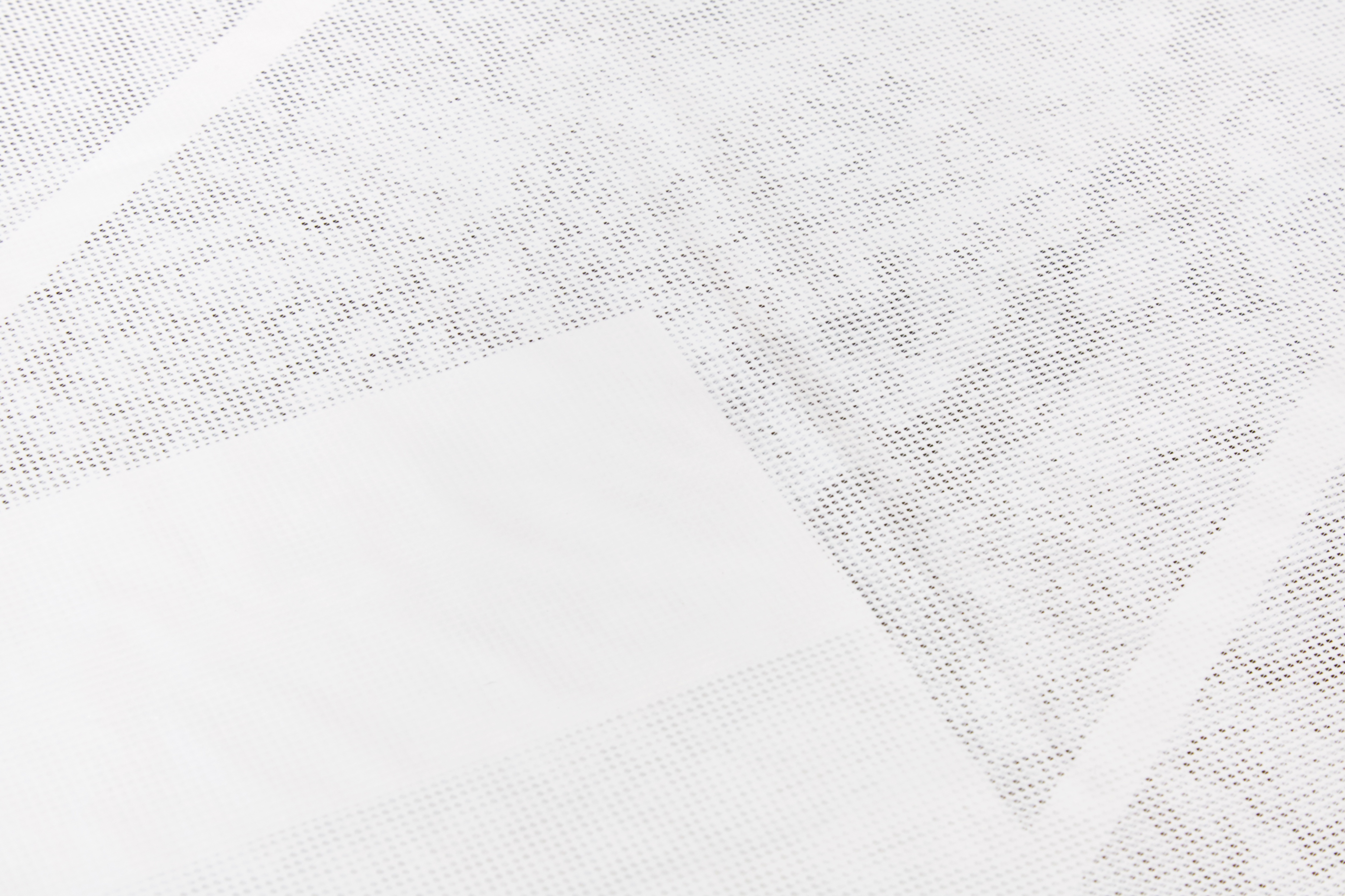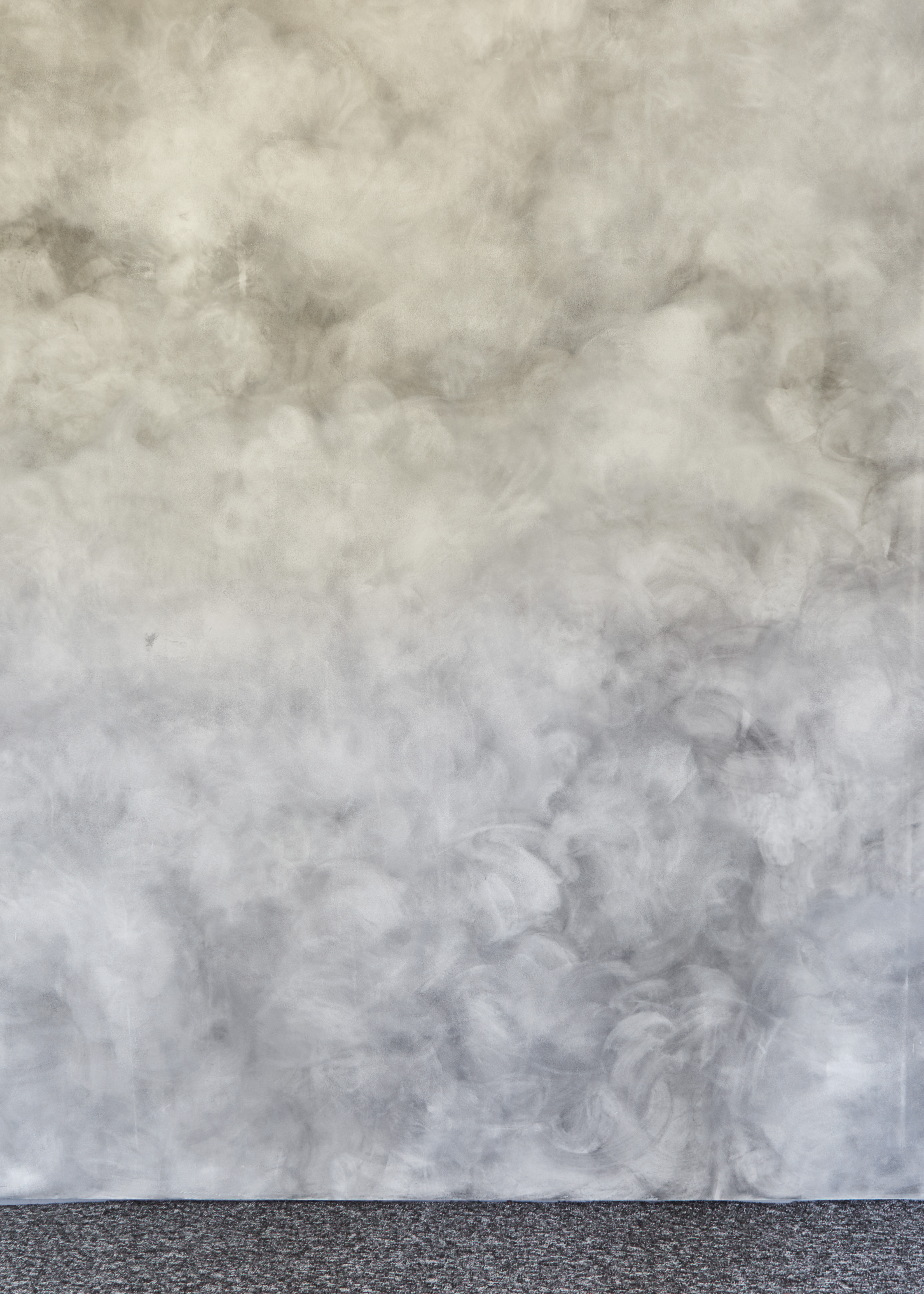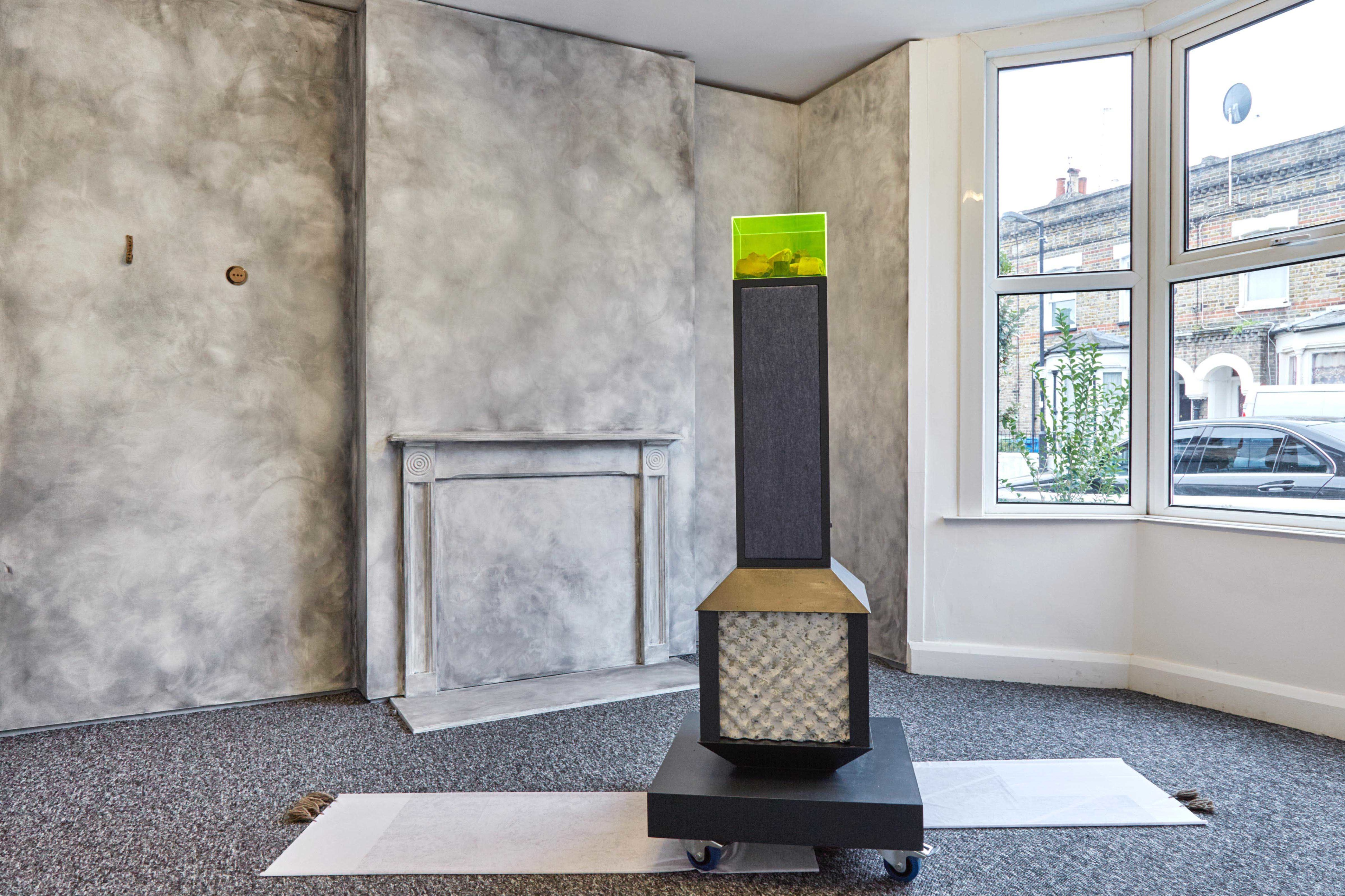
This is my home, but in a sense, it is my mother’s. The things in it are mine. They were also hers. Some days it does not feel like a home but a museum, of which I am the curator. A museum to a life, or lives, translated through objects.
When I cleared her house, I fell upon a series of things – things I recalled, and sometimes hated – from childhood. There are the cobbles she brought back from Lisbon, parcelled up in friends’ suitcases and smuggled home. A photo of her sister, my aunt Carys, whom we only knew from the photos of her modelling in America, cut from magazines. Then there is the table from her nursery. I never saw anything very special about this table. It is relatively small, an odd shape and the table top, which sits on a central pillar with claw feet, is insecurely fastened and wobbles at the touch. I am looking at it now, through the viewfinder of my phone. I protect these things as though my prized possessions, which they are not. But they were hers, so I protect them as though I am protecting her. She and her possessions. She in her possessions.
To what extent am I caught by the eyes in this photograph? Fated to walk, weighed down by these stones? Trapped in a world mediated through this phone?
I remember her. But perhaps, in truth, I am only remembering myself. Is it even me that I remember, or some lost part of myself, a distant figure in an unassailable past? What does it mean to remember? To touch these things and remember her touching them. Running a hand along the surface, thinking of her as I light the stove, am I truly remembering? Or do these objects begin each day emptied of meaning, renewed in their ritual use?
I wonder at what point something becomes imbued with significance, and when, equally, does its value fall away. Do memories breathe life through us? Or do they keep us in the cold grip of all that is now dead and gone? Can I inhabit the present while retaining a past?
I would like a way to remember that is also letting go. That the word remember describes an act of memory, while forgetting requires the loss of something material. To forget means giving up. In that sense, maybe objects are the last to go – we can fail to remember, without giving up the objects that tie us to a past. Perhaps these possessions allow an act of memory that is passive, a remembering that is done to me? Yet, do they also hold me back from possible futures? They colour the past with their own textures, take a greater prominence because of their place in the present. Who and what is owned here? In this way, they never let me go. So I wonder: what does it mean to possess?
Written by Michael Amherst
This exhibition is kindly supported by Arts Council England.



